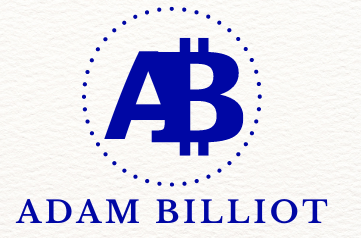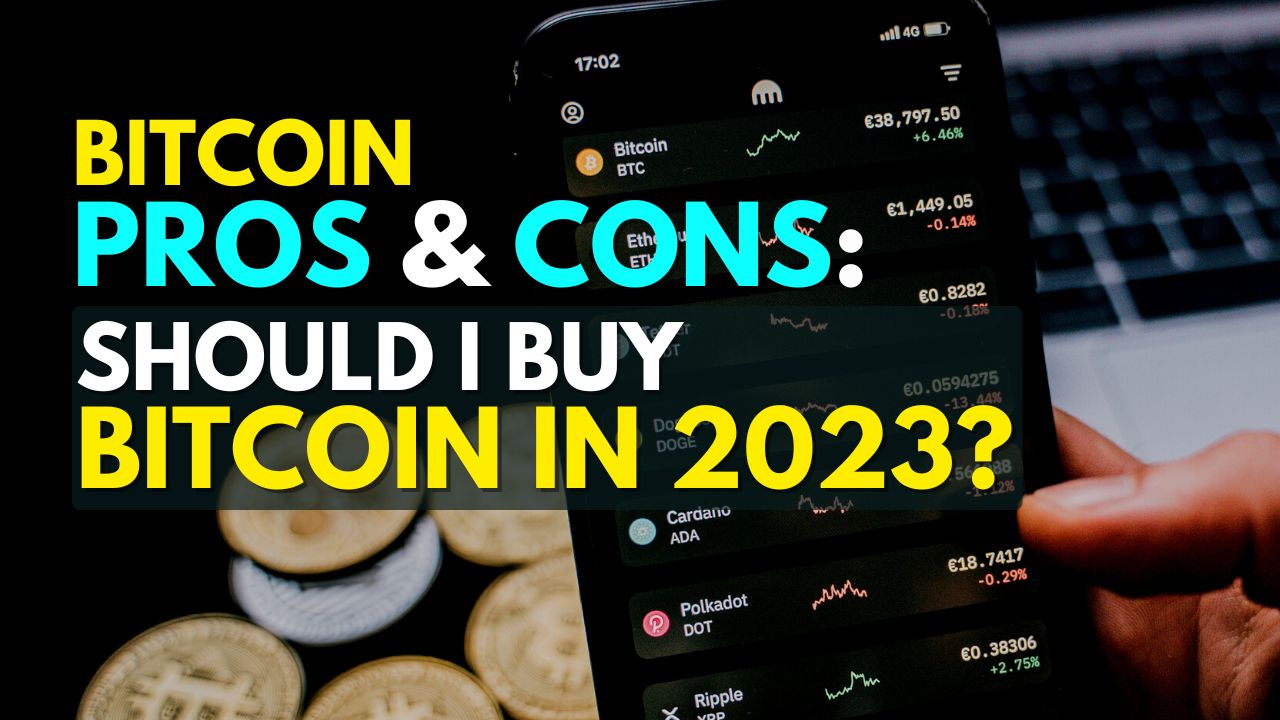In the ever-evolving financial landscape, Bitcoin continues to be a headline-grabber. As we navigate through 2023, many prospective investors are wrestling with the age-old question: Should I buy Bitcoin? To assist with this pivotal decision, we’ll break down the investing in Bitcoin pros and cons.
Table of Contents
1. Advantages of Investing in Bitcoin
- Limited Supply: Bitcoin’s maximum cap of 21 million ensures scarcity, potentially driving demand and value up over time.
- Decentralization: Without a central authority, Bitcoin remains free from government interference and inflationary policies.
- Global Acceptance: More merchants globally accept Bitcoin, enhancing its utility as a transactional currency.
- Potential High Returns: Historically, Bitcoin has offered substantial ROI for early and strategic investors, although past performance doesn’t guarantee future results.
- Diversification: Adding Bitcoin to your portfolio can diversify assets, especially in uncertain economic climates.
2. Disadvantages of Investing in Bitcoin
- Volatility: Bitcoin’s price can swing dramatically, leading to potential losses. It’s essential to have a risk tolerance strategy.
- Regulatory Concerns: Regulatory changes can impact Bitcoin’s value and acceptance as governments grapple with crypto.
- Security Issues: Though the Bitcoin network is secure, individual wallets and exchanges can be vulnerable to hacks.
- Environmental Concerns: Bitcoin mining consumes significant electricity, leading to criticisms about its ecological impact.
- Lack of Consumer Protections: Unlike traditional banking systems, recovery is challenging if you lose access to your Bitcoin or fall victim to fraud.
3. Should I Buy Bitcoin In 2023?
Deciding whether to buy Bitcoin in 2023 hinges on several factors based on the aforementioned pros and cons:
Pros:
- Bitcoin’s limited supply could potentially drive its value up.
- Its decentralized nature keeps it free from government interference and inflationary policies.
- Increasing global acceptance enhances its utility.
- Potential for high returns exists, though past performance doesn’t guarantee future results.
- It can offer diversification for investment portfolios, especially in volatile economic situations.
Cons:
- Bitcoin is highly volatile, which might not suit every investor’s risk profile.
- Regulatory changes can influence Bitcoin’s valuation and acceptance.
- Despite the robustness of the Bitcoin network, wallets and exchanges might be vulnerable.
- There are concerns about the environmental impact of Bitcoin mining.
- Bitcoin lacks consumer protections commonly seen in traditional banking systems.
In conclusion, your decision to buy Bitcoin in 2023 should be based on your financial goals, risk tolerance, and belief in the cryptocurrency’s long-term potential. Always ensure thorough research and consult financial experts before making investment decisions.

4. Concluding Thoughts: Bitcoin Pros and Cons
Buying Bitcoin in 2023 boils down to your financial goals, risk tolerance, and belief in the cryptocurrency’s future. While Bitcoin offers potential growth and diversification, it comes with its challenges. Ensure you conduct thorough research and consider seeking advice from financial experts.
Also Read this Blog: What are Altcoins? Top 10 Altcoins of 2023
In Summary: Weighing the pros and cons of Bitcoin is crucial in 2023. Understanding its potential advantages and inherent risks can guide informed investment decision





 Bitcoin
Bitcoin  Ethereum
Ethereum  Tether
Tether  XRP
XRP  USDC
USDC  Lido Staked Ether
Lido Staked Ether